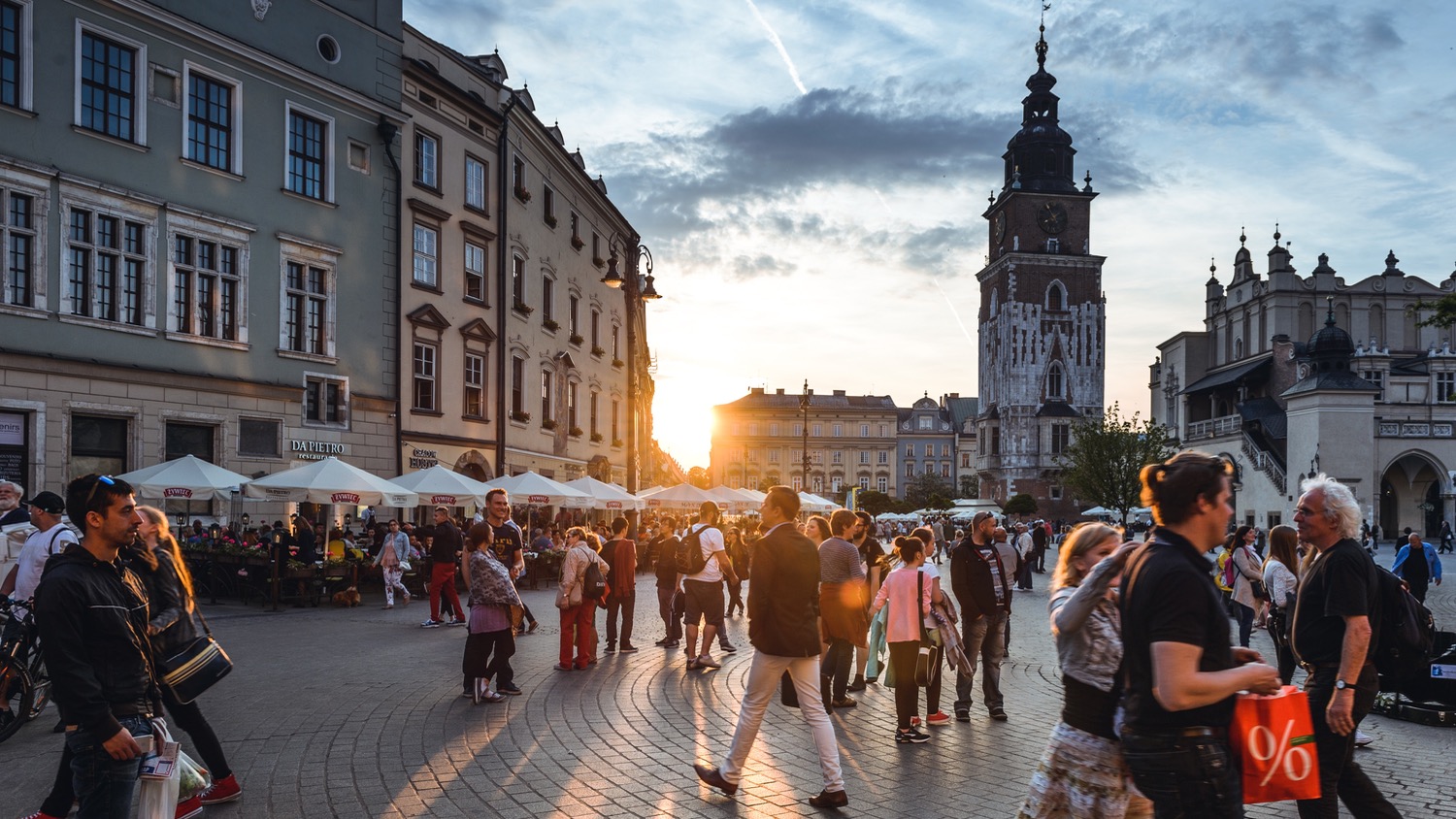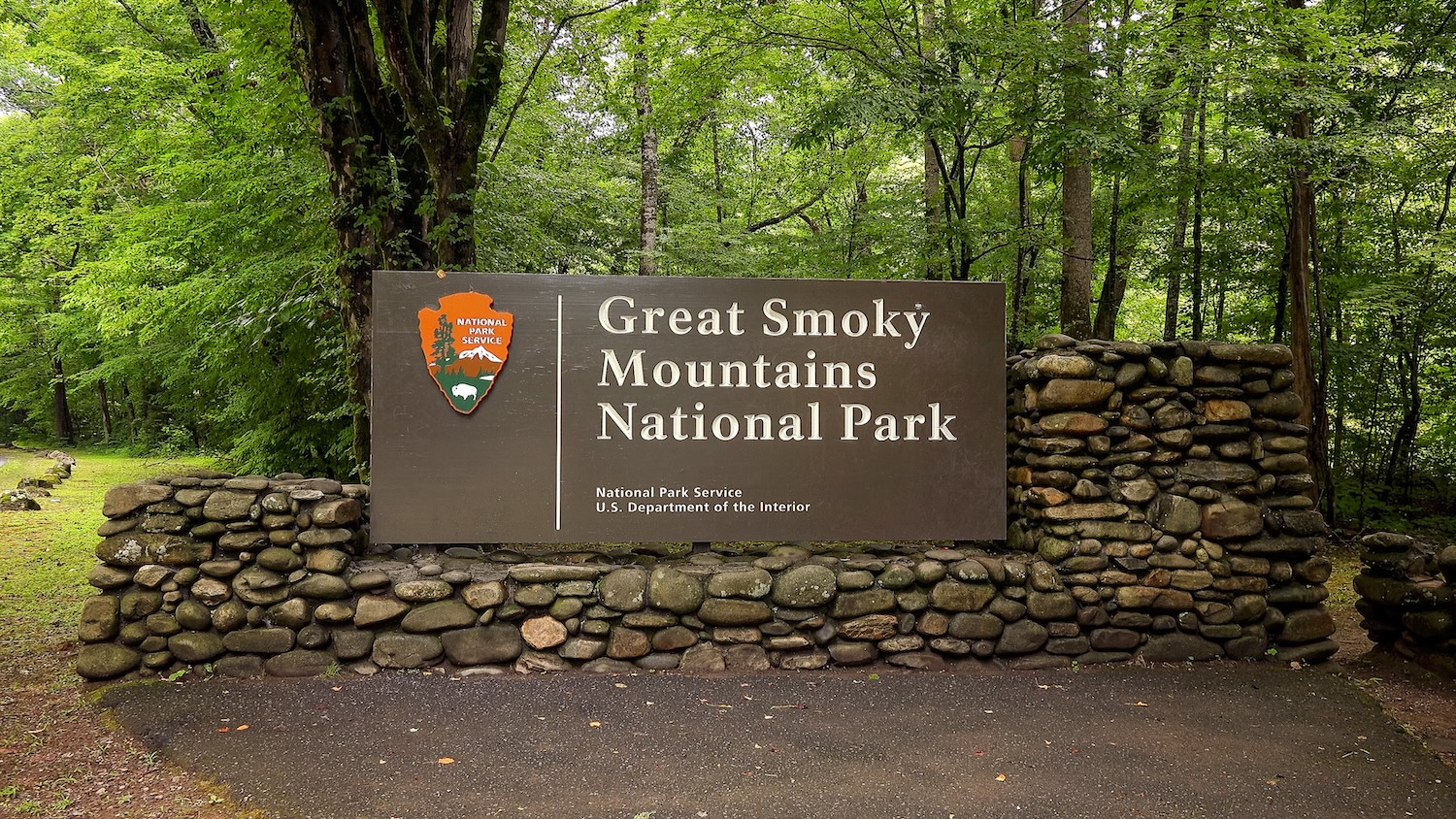Ask an Expert: What is Sustainable Tourism?

Tourism has been one of the industries most affected by the coronavirus pandemic. But as the outbreak loosens its grip on the United States, the industry is showing signs of a recovery as people resume domestic travel and visit their favorite destinations.
Popular tourist destinations across the country have experienced record visitation rates in recent months. At Cape Hatteras National Seashore in North Carolina, for example, visitation totals for the first six months of the year were 26% higher than visitation totals for the same period in 2002, the busiest year on record.
The tourism boom, however, could have negative impacts on surrounding communities, according to Whitney Knollenberg, an assistant professor in the Department of Parks, Recreation and Tourism Management at NC State’s College of Natural Resources.
Knollenberg, whose research focuses on sustainable tourism development, said rapid tourism growth at destinations can cause a number of social, environmental and economic impacts, including increased cost of living in nearby communities and damage to natural resources through overuse.
In response, Knollenberg is working with residents, businesses and other stakeholders in North Carolina to identify opportunities for sustainable tourism development. We recently spoke with Knollenberg to discuss her research efforts and to learn more about the benefits of sustainable tourism. Check out the Q&A below.
What is sustainable tourism?
Tourism generates economic, environmental, and social impacts on all destinations and those visit, do business, and live in them. Sustainable tourism is an approach to tourism development and management that aims to maximize the positive impacts that tourism has on a destination and minimize the negative impacts. Environmental impacts are often the focus of sustainable tourism development and management, but social and economic impacts are equally important. By maximizing the positive impacts, destination communities and tourism businesses remain viable for generations to come.
Why is sustainable tourism needed?
Tourism is a powerful force. Some people compare it to a fire; it can cook your dinner or it can burn your house down. This means that while tourism can bring many positive impacts to a community — improved quality of life for residents, protection of natural resources, and jobs — it also can bring negative impacts. Sustainable tourism is needed as a way to develop and manage tourism to ensure that the positive impacts are maximized.
How can sustainable tourism be implemented?
Sustainable tourism can be implemented at the community level, within individual businesses, or by tourists themselves. Implementing sustainable tourism requires buy-in and support from those who are impacted by tourism, including residents, businesses, employees and others. Because tourism impacts each of these stakeholders in different ways, destination and industry leaders must engage with each stakeholder group to determine which positive impacts they want to maximize and which negative impacts they want to minimize.
What are the challenges associated with sustainable tourism?
Sustainable tourism requires a considerable amount of proactive planning and consistent assessment of tourism’s impacts on destinations. As tourism destinations change over time the positive and negative impacts of tourism change as well. Community and industry leaders must be proactive and collaborative to identify who is being impacted by tourism and what impacts they are experiencing. They must be willing to adapt plans and policies to ensure that the positive impacts of tourism are maximized.
Can you provide an example of sustainable tourism?
One example of a sustainable tourism practice that I’ve identified through my research is implemented in Ocracoke, North Carolina where the economy is heavily dependent on tourism. As an island accessible only by ferry and with limited housing availability, Ocracoke faces challenges with attracting and maintaining a workforce for tourism businesses.
Business owners and community leaders in Ocracoke recognize that the people of the tourism workforce are the heart of the industry and without them it doesn’t function. So to minimize the negative economic impacts of tourism for tourism employees and residents, many local restaurants keep a few menu items at a lower price to allow tourism employees to enjoy the local dining scene just as the tourists do.
To maximize the positive social impacts of tourism, local leaders utilize taxes generated through tourism to host events that celebrate and connect residents and tourism employees, building a strong network of support and appreciation that increases the community’s resilience and appeal to those looking to live and work in Ocracoke.
For the Media: If you would like to speak with Whitney Knollenberg for a story, please contact Laura Oleniacz at ljolenia@ncsu.edu or Andrew Moore at apmoore2@ncsu.edu.


